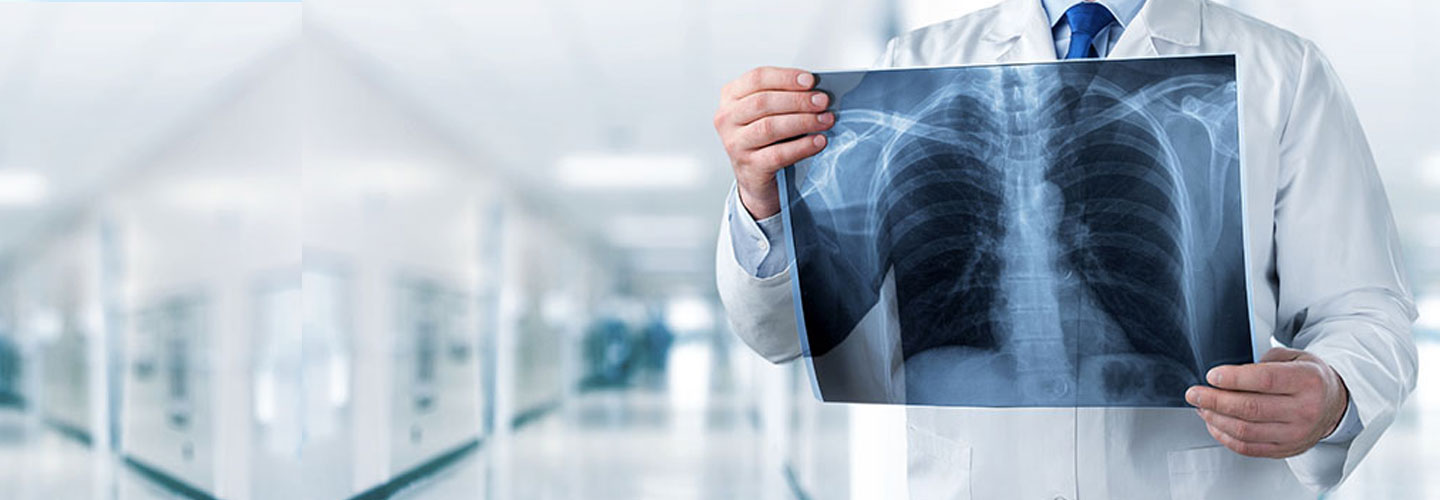Non-invasive CT angiography is one of the safest imaging modalities that can effectively help to detect and identify plaque build-up in the arteries, without any invasive intervention. Unlike most other imaging techniques, which are catheter-based, non-invasive CT angiography does not involve the use of a catheter, but rather generate detailed images of the heart and heart structures using x-ray imaging guidance. Non-invasive CT angiography can help to assess the risks of various heart problems and also allows the doctor to detect these at an initial stage. The technique is widely used for diagnosing and accessing patients suffering from atherosclerosis.
Indications of non-invasive CT angiography
Noninvasive CT angiography is usually used for evaluating patients suffering from atherosclerosis, as the procedure can easily help to detect arterial blockage. Other indications of the procedure are:
- For assessing narrowed or blocked arteries
- Angina or persistent chest pain
- Arrhythmia, a condition marked by irregular heartbeats
- To assess asymptomatic patients who have a family history of CAD
- To assess patients who lie in the high-risk category
- Postoperative follow-up after coronary artery bypass grafting
- Accessing cardiac neoplasm or stent patency
- Diagnosing and accessing pericardial diseases
- For assessing the patient before major surgery, both cardiac and non-cardiac
Preparing for the procedure
- Before the procedure, you may be given a Beta-blocker to slow down your heart rate. This helps to generate clear images. Nitroglycerine may also be given to dilate the coronary arteries. It is very important to inform the doctor if you are allergic to any of these.
- Inform the doctor about any medication that you have been taking, as you might be required to stop taking these
- You need to refrain from eating anything, starting at least 4 hours prior to the surgery.
- Avoid taking any caffeinated beverage before the procedure
- All your vitals will be accessed. These include pulse rate, body temperature, oxygen levels etc
Procedure
- The patient is required to lie down on the table and the dye is introduced Intravenously.
- The doctors will then stick electrode patches on your chest to track your heart rate
- The table will be slowly slid into the scanner, which is just like a hollow, tunnel-like chamber
- During the procedure, you need to lie still as any movement can affect the quality of the images.
- The machine is operated by the lab technician who will direct you to hold your breath occasionally
- The scanning procedure takes a few minutes, however, the overall procedure may take a bit longer.
- You will get the images as soon as the test ends.
Why Eternal Hospital?
At Eternal Hospital, we have a highly qualified and dedicated team of experts who are always committed to providing the latest and most advanced medical care to all our patients. Being a trusted name in healthcare, we act compassionately while ensuring confidentiality to those who need it. We have set high standards in patient-centric premium care along with outstanding patient safety and exceptional maintenance in a timely manner. We adhere to the use of up to the minute innovations to offer state-of-the-art treatments to our patients with unparalleled results.



